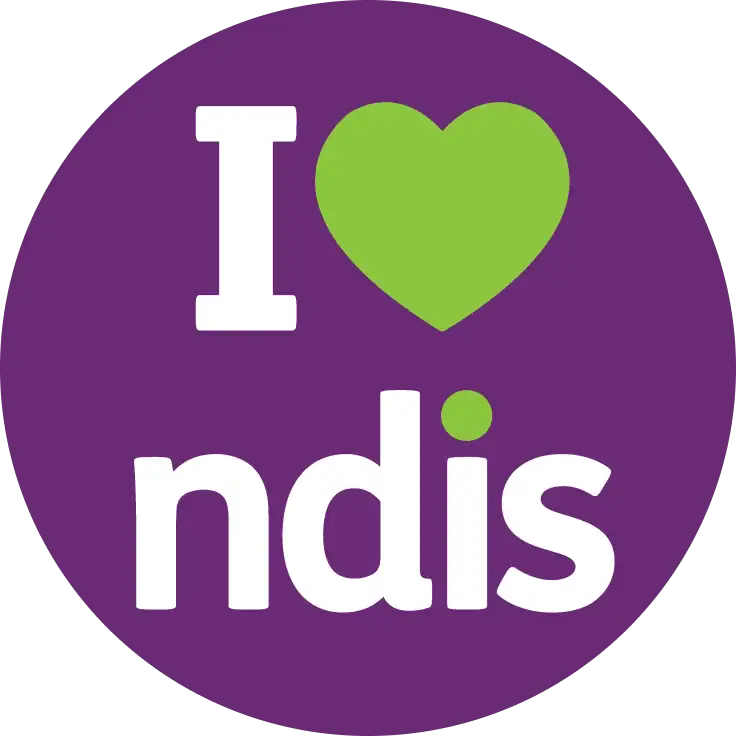HR module


Learn More About the HR Module in Our Case Management Software
Access the HR Module Directly in Our Case Management Software.
Cloud-Based Case Management Software That’s Tailored to Your Needs
iinsight® is a platform that can be tailored to suit your practice’s unique needs. Our case management software features an HR Module that your HR staff can access. Designated users can access a bevy of HR-related information, all in one location.
Are you ready to learn more about how iinsight helps Allied Health professionals find case management cloud software solutions? Sign-up for a free 14-day trial to discover the benefits of iinsight.
What’s Included in the HR Module?
Our HR module is very versatile. Users can customize it to fit their practice’s needs. It’s available for your HR staff to use, so long as they have the specific user permissions required.
Under the “HR tab,” users can access the following sub-tabs:
- Roles
- Clearances
- Competencies
- Training
- Specialist areas
- Registrations
- Equipment
- Referral notes
- Performance
Additionally, users can upload various documents into the “Documents” tab. Some of these documents could include qualifications, certificates, and any other employee-related documentation. There are also “additional info,” “vaccinations,” and “health and safety” tabs.
Roles
The HR Module in iinsight offers a simple and efficient way for managers to grant access to the HR module for specific employee roles. Managers can easily indicate whether an employee role should have access to the HR module by simply clicking a box. This feature allows for streamlined access management, ensuring that only the relevant staff members can view and manage HR-related information. By assigning the appropriate roles, managers can control and restrict access to sensitive HR data, maintaining confidentiality and security within the system.
Clearances
The HR Module in iinsight provides a comprehensive solution for managing employee clearances. When a clearance is added against an employee, the system offers a checkbox to indicate whether the clearance needs verification. Additionally, an expiry date can be specified for the clearance.
To ensure timely action, the system generates alerts and prompts when the expiry date approaches. These alerts are automatically sent to both the staff member and the HR department, notifying them that the clearance needs to be completed or renewed. This feature helps to prevent any lapses in clearances and ensures that the necessary actions are taken in a timely manner, maintaining compliance, and mitigating any potential risks.
Competencies
The HR Module in iinsight empowers HR employees to efficiently add, track, and manage a wide range of competencies for each employee. This feature enables HR staff to record and monitor various competencies that are essential to the employee's job role and professional development.
Examples of competencies that can be recorded include:
- Workplace assessments: This competency ensures that employees can conduct thorough assessments of the workplace environment to identify potential hazards, implement safety measures, and promote a secure and productive working environment.
- Functional capacity evaluations: This competency focuses on evaluating an employee's physical capabilities and limitations to perform specific job tasks, allowing HR to match individuals with suitable roles and accommodations if necessary.
- Ergonomiinjuries and: This competency involves assessing and optimizing the ergonomic aspects of an employee's workspace to enhance comfort, prevent work-related injuries, and improve overall efficiency and well-being.
By capturing and managing these competencies within the HR Module, HR staff can effectively ensure that employees possess the required skills and qualifications for their respective roles. This feature also facilitates continuous competency assessment and development, enabling HR to identify areas for improvement, provide targeted training opportunities, and support the ongoing growth and effectiveness of the workforce
- Expiry Reminders: The HR Module allows you to set reminders for document expiry dates, such as certifications and clearances. This ensures that you are notified in advance when important documents are about to expire, allowing you to take necessary actions, such as renewing or updating the documentation.
- Training Due Reminders: You can also set reminders for training due dates within the HR Module. This feature ensures that you stay informed about upcoming training requirements for your staff. When training is due, the system will notify you, allowing you to schedule and coordinate training sessions in a timely manner.
- Task Management: The HR Module provides a comprehensive task management system. You can assign tasks, set due dates, and track the progress of tasks related to HR processes. This helps you stay organised and ensures that important HR tasks are completed on time.
- Customisable Notifications: You can customise the notification settings within the HR Module to receive reminders and alerts through various channels, such as email notifications or in-app notifications. This flexibility allows you to choose the most convenient way to stay informed about upcoming expirations and training requirements.
- Reporting and Analytics: The HR Module offers robust reporting and analytics capabilities. You can generate reports on various HR-related metrics, including document expirations, training completion rates, and overall HR performance. These reports provide valuable insights that can help you identify trends, make informed decisions, and improve your HR processes.
- Streamlined Compliance: By centralising all HR-related information and automating reminders and notifications, the HR Module helps you ensure compliance with regulatory requirements and internal policies. You can easily track and manage employee certifications, clearances, and training, reducing the risk of non-compliance and associated penalties.
- Increased Efficiency: The HR Module streamlines HR processes and eliminates manual administrative tasks. With automated reminders and notifications, you can save time and effort in tracking document expirations and training requirements. This allows your HR staff to focus on more strategic initiatives and enhances overall operational efficiency.
By incorporating these points, you can highlight the benefits of the HR Module, including its ability to manage and track document expirations, training due dates, task management, customisable notifications, reporting and analytics, compliance, and increased efficiency in HR processes.

